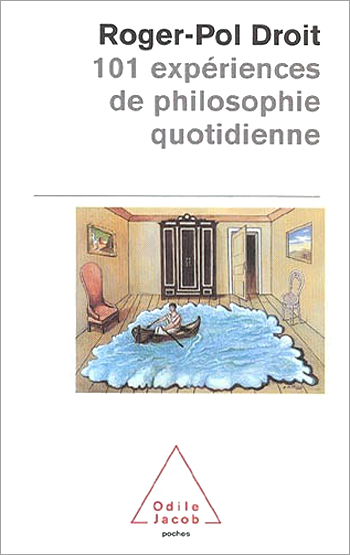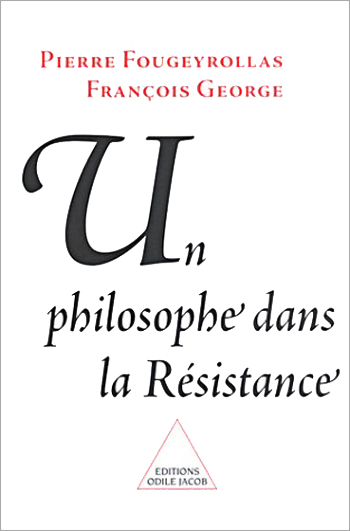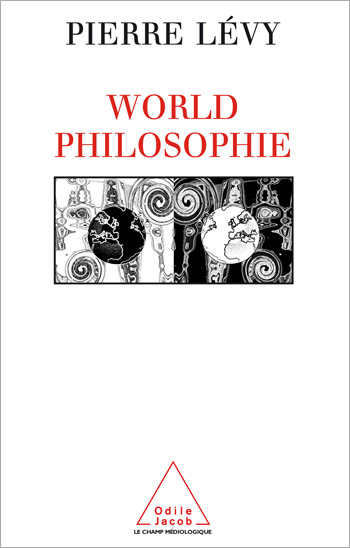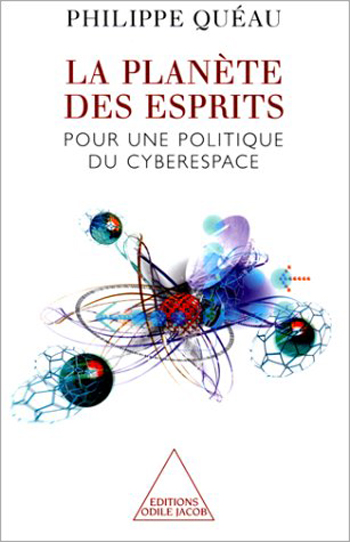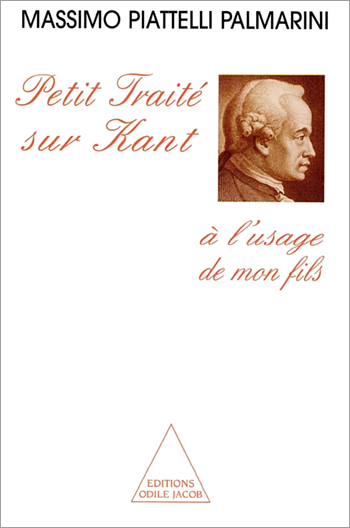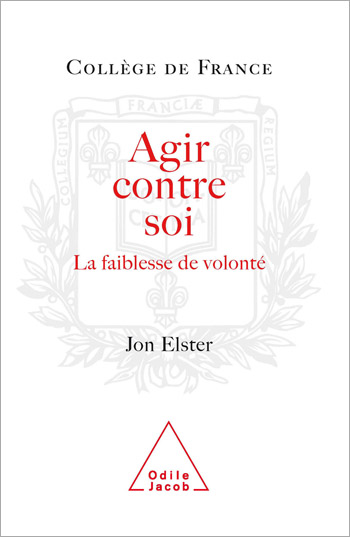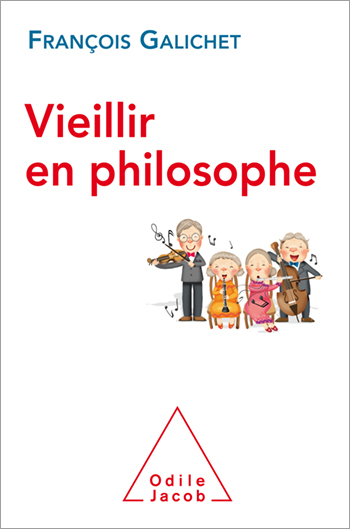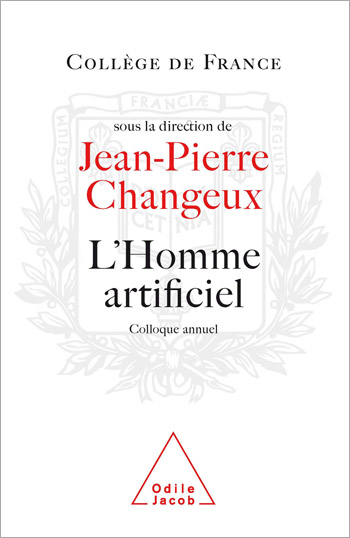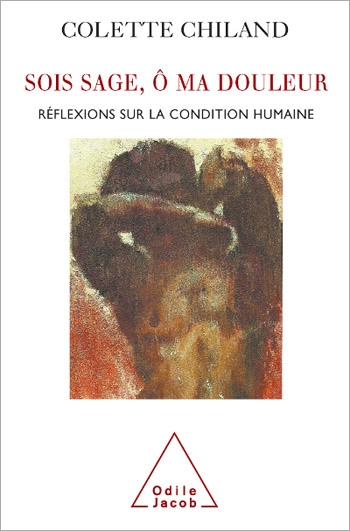Philosophy All books
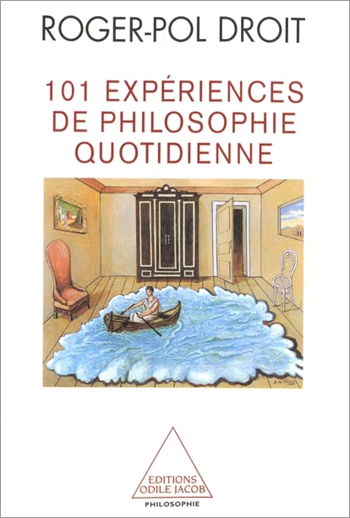
Roger-Pol Droit
101 Experiences of Daily Philosophy
This highly original book consists of 101 short texts, each describing an experiment or something to do. Although the practical exercises are easy to accomplish, they are often disconcerting and will make the reader aware of how strange an apparently banal action can seem. Their purpose is philosophical: the goal being to experience the unexpected through simple actions and events. Roger-Pol Droit intends to shake up the certainties that underlie our identity, speech, relations to time and space, and memory, and enable us to feel issues that are generally regarded as abstract. In his highly readable, incisive style he has succeeded in transforming ideas into feelings. Roger-Pol Droit is a philosopher and researcher at the Centre National de la Recherche Scientifique.
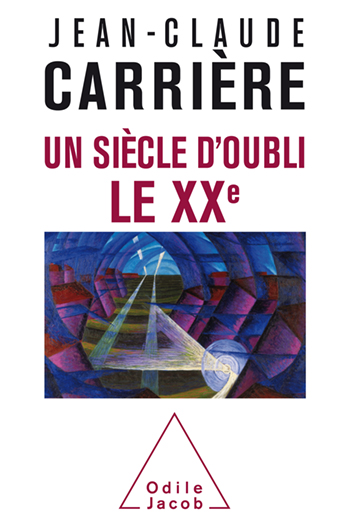
Jean-Claude Carrière
A Forgotten Century, the Twentieth
The book tells the story of an era, with humor and with gravity, while also giving us a glimpse of the contours of a life; that of a passionate and exciting man.
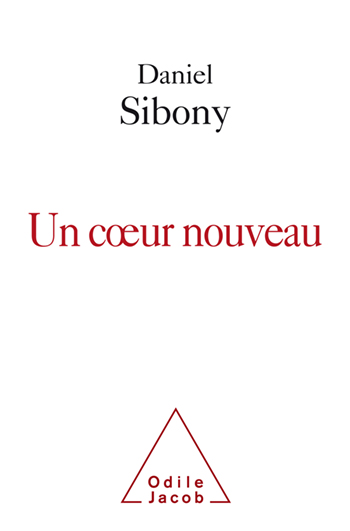
Daniel Sibony
A new heart
A new and striking dive into the world of advanced surgery. But above all, it is a moving meditation on life, its backlash and unity.
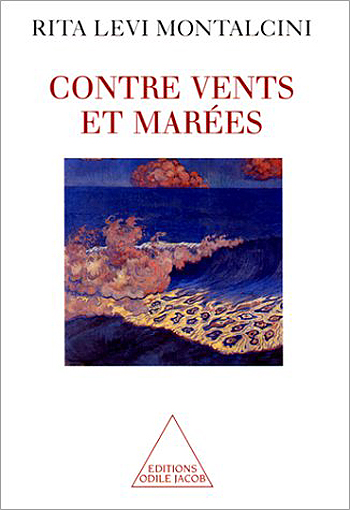
Rita Levi Montalcini
Against All the Odds
What do Primo Levi, the author of one of the most powerful accounts of life in a Nazi death camp, and Max Delbrück, one of the founding fathers of molecular biology, have in common? The answer is that they--as well as the others described in this book--were able to face the trials and tribulations of their lives with exceptional courage, and without losing their sense of humanity. Through a series of portraits, drawn with great warmth and restraint, Rita Levi Montalcini recounts the course of several exemplary lives. Rita Levi Montalcini taught neurobiology at Washington University for thirty years.
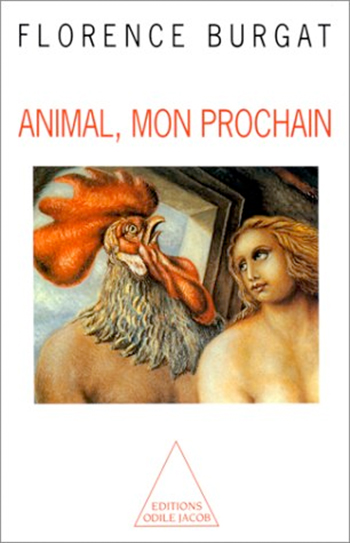
Florence Burgat
The Animal, My Relation
On one hand, men exploit, manipulate and slaughter animals. On the other hand, they let animals interfere with their lives, pollute them, and sometimes dominate them. Since the classical Age, Man has sought to define himself in his opposition to animals. Claiming for himself the most noble faculties - consciousness, thought, esthetic sense, morality - he represses his own animal side, notably his sexuality. But Florence Burgat goes beyond this negative statement. She walks in Jean-Jacques Rousseau's steps, claiming that men, like animals are sensitive beings, liable to suffer. On this basis, she proposes a new morality. Florence Burgat is a philosopher, and works at the Laboratory of Social Anthropology of the College of France.
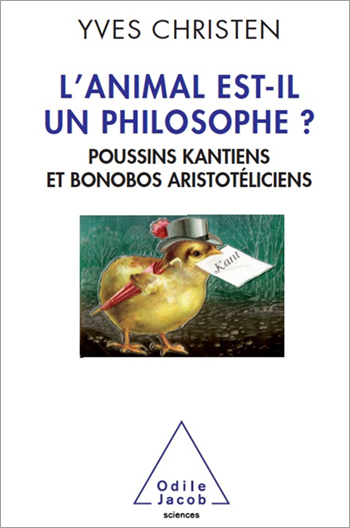
Yves Christen
Are Animals Philosophers? Kantian Chickens and Aristotelian Bonobos
Because animals, both human and non-human, are not the passive toys of the surrounding world but, on the contrary, active creators and because they are carriers of weltanschauung, I regard them as philosophers.

John Haugeland
Artificial Intelligence: The Very Idea
At once philosophical and instructive, this work offers a synthesis of a discipline that marks a revolution, both intellectual and technological, in the approach of the human spirit. John Haugeland teaches philosophy at the University of Pittsburg.

